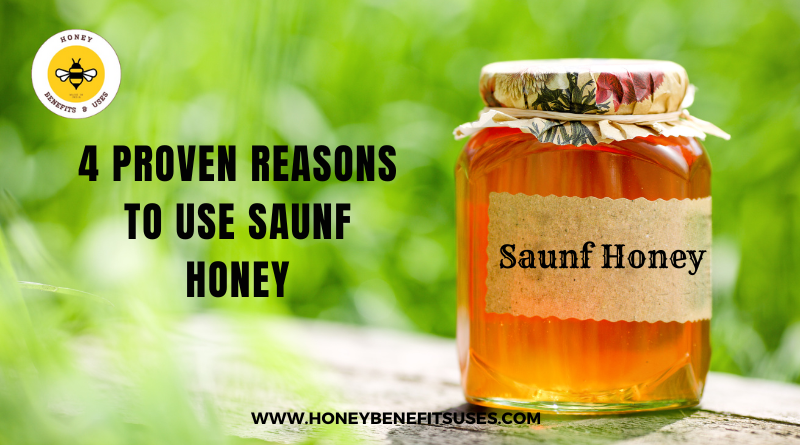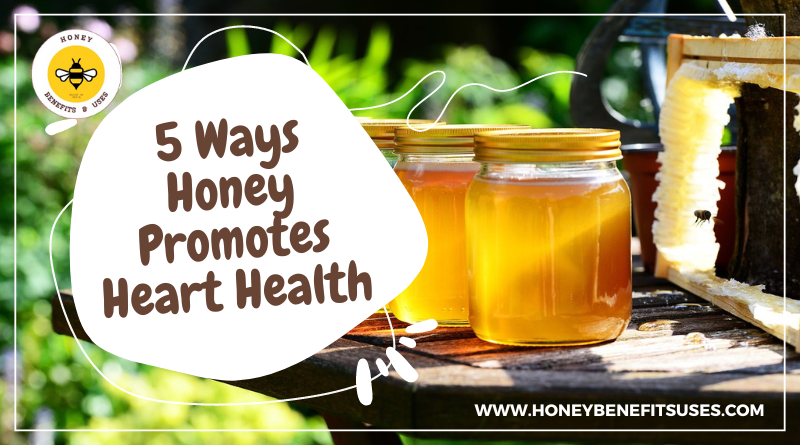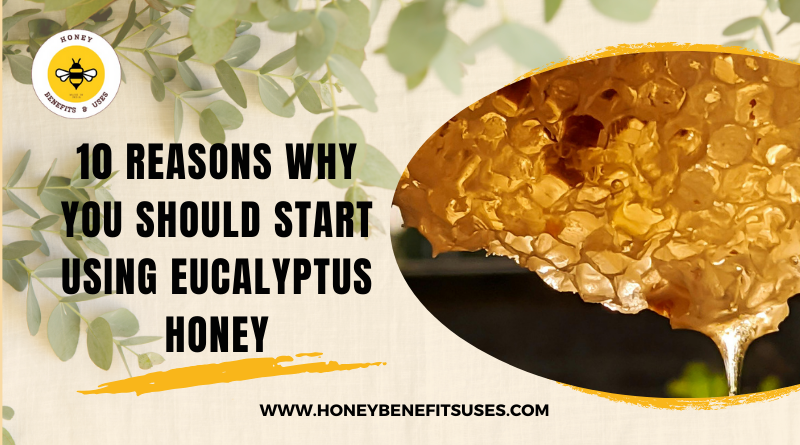
Although fennel, or saunf as it is called in India, is a native plant to the Mediterranean region, the herb has been cultivated in India for over 5000 years. Over 75 260 hectares of land, predominantly in Gujarat, Rajasthan, Madhya, Pradesh, West Bengal, and Uttar Pradesh are exclusively used for saunf production. This herb, especially its seeds, has become a mainstay in Indian cuisine.
It is the cultivation of this herb that, interestingly, gave rise to the production of saunf honey in India. India, in fact, has become the world’s main producer and supplier of this type of honey. The saunf honey sold is predominantly unpasteurized, unprocessed, unheated, and 100% pure.
Saunf
The saunf plant has extensively been used to address over forty types of disorders. This is because of the numerous compounds in the plant. These include volatile compounds, flavonoids, phenolic compounds, fatty acids, and amino acids. Furthermore, studies show that saunf has many pharmacological properties that may further aid in healing and the prevention of numerous health issues. The herb has antimicrobial, anti-inflammatory, antispasmodic, antiviral, antimutagenic, antipyretic, antithrombotic, antispasmodic, positive cardiovascular, apoptotic, antitumor, chemomodulatory, hypoglycemic, hepatoprotective, memory enhancing, and hypolipidemic properties.
The herb’s leaves, seeds, and stems may, according to traditional use, help in addressing the following health issues:
- Cough
- Stomachache
- Stress issues
- Flatulence
- Eye issues
- Gingival wounds
- Milk stimulation in women with babies
- Diuretic issues
- Digestive issues
- Fever
- Arthritis
- Liver pain
- Against mosquitoes
- Liver pain
- Irritable colon
- Diarrhea
- Anemia
- Hypertension
- High cholesterol
- Gastritis
- Cancer
- Colds and flu
- Constipation
- Gum conditions in the mouth
- Insomnia
Saunf Honey
Made from the nectar of fennel flowers, saunf honey, with its medium to dark amber color, has a taste that is very similar to that of fennel seeds while having a hint of anise and licorice.
This honey, like other types of honey, takes on many of the benefits of the plant from which it gets its nectar. It has traditionally been used to address a variety of health issues.
The benefits associated with saunf honey:
- Promotes digestive health and reduces bloating, indigestion, and acidity
- Provides respiratory relief in cases of coughs and colds due to its antibacterial properties and soothing qualities.
- Boosts metabolic function, making it a great choice for people trying to lose weight.
- Strong anti-inflammatory properties due to the high flavonoid and antioxidant content that helps fight inflammation while protecting cells from oxidative stress.
Saunf honey is also a better alternative to other types of sweeteners. Not only is it sweet, but it has myriad health benefits. It is also a great addition to the kitchen. You can use it in your cooking, baking, and to sweeten drinks. It is also great at enhancing the taste of your sweeter types of marinade.
In Closing
Saunf honey, although made from an herb not naturally indigenous to India, has probably been around for as long as fennel has been cultivated in India. In other words, approximately 5000 years! Both the herb and the honey have become staples in many households. The honey has also proven itself in addressing numerous health issues and should thus find a spot in all home pantries.
References:
- Badgujar, Shamkant B., et al. “Foeniculum Vulgare Mill: A Review of Its Botany, Phytochemistry, Pharmacology, Contemporary Application, and Toxicology.” BioMed Research International, vol. 2014, 2014, p. 842674, https://doi.org/10.1155/2014/842674. Accessed 22 Jan. 2025.




